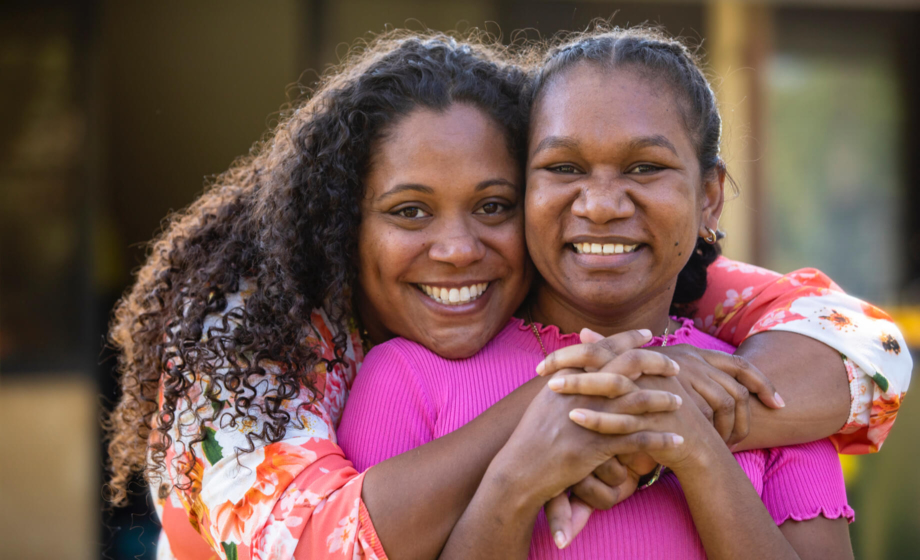Feminist Framework
Harmony Alliance adopts a feminist approach in recognition of the significant impact of deeply embedded gender inequality at all levels of our society. We promote the elimination of all forms of gender-based discrimination and violence experienced by migrant and refugee women in Australia.
The efforts to promote the rights of women from migrant and refugee backgrounds must support the empowerment of all who self-identify as women, as well as non-binary and non-conforming persons who are affected by gender-based norms, discrimination and violence.
We acknowledge that women are not a homogenous group and are affected by gender inequality in a multitude of ways depending on numerous other factors, including their socio-economic status, physical appearance, ethnic, cultural, and religious backgrounds.
We uphold that gender equity cannot be achieved until the most disadvantaged of women—including Indigenous, LGBTIQA+, women with disability, and women of colour—are equally and substantively represented in all areas of life. We believe that feminism aims to achieve emancipation and equity for everyone in the society.
Intersectionality
Harmony Alliance acknowledges that women from migrant and refugee backgrounds are impacted by multiple forms of systemic and structural disadvantage and inequality based on unique intersections of our identities and social positions.
It is not our identities that make us vulnerable but systemic exclusion and histories of oppression based on these identities that create entrenched forms of disadvantage for us. Intersectional disadvantage affects our participation in civil, economic, social, cultural, and political life, and manifests in the form of harmful societal stereotypes and racism.
In highlighting the intersectional disadvantages faced by women from migrant and refugee backgrounds and in the spirit of reconciliation, we recognise our relative position of privilege in the context of the dispossession of Aboriginal and Torres Strait Islander Peoples, as well the legacy of institutional and systemic racism.
We support and encourage the embedding of the principles of intersectionality—including ongoing reflection, substantive representation, and commitment to equity—in policy and practice.



